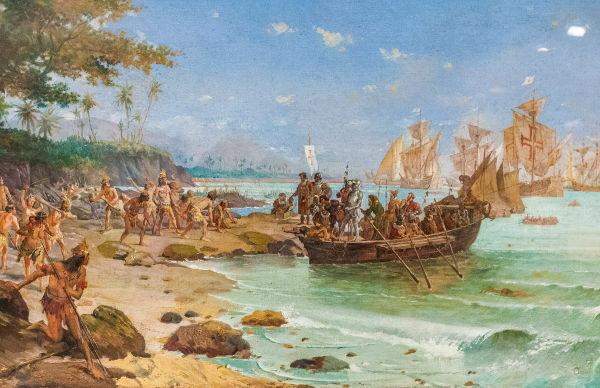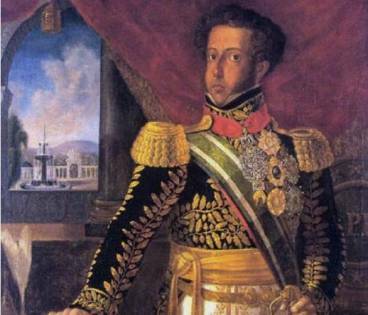During the 19th century, the world economy underwent a series of transformations whereby the world economy driven by trade gave way to industrial capitalism. The great economic powers of the time sought to achieve their economic interests by pressing other nations to adapt to the new contours taken by the world economy. To exemplify this situation, we can highlight the English interest in the end of the slave trade.
With regard to land use, these transformations directly impacted traditions that previously linked land ownership as a symbol of social distinction. The advance of the capitalist economy had an increasingly mercantile character, where land should have an integrated use in the economy, having its productive potential exploited to the full. As a result of this new economic practice, we realize that several nations have legally discussed the functions and rights over this asset.
In Brazil, the sesmeiros and squatters carried out the appropriation of land taking advantage of legal loopholes that did not clearly define the criteria for land tenure. After independence, some bills tried to regulate this issue by giving clearer criteria on the issue. However, only in 1850, the so-called Law 601 or Land Law, of 1850, introduced new criteria regarding the rights and duties of landowners.
This new law appeared at an “opportune moment”, when the slave trade was banned in Brazilian lands. The activity, which represented a great source of wealth, would have to be replaced by an economy where the agricultural productive potential should be better exploited. At the same time, it also responds to the project to encourage immigration that should be financed with the dynamization of the agricultural economy and would regularize access to land for the new peasants wage earners.
In this way, ex-slaves and foreigners would have to face enormous restrictions to possibly rise to the status of small and medium landowners. With this new law, no new sesmaria could be granted to a landowner or occupation through land occupation would be recognized. The so-called “vacant lands”, which did not have an owner and were not under the care of the State, could only be obtained through purchase from the government.
From then on, a series of forged documents began to appear to guarantee and expand the ownership of land by those who had already owned it for a long time. Anyone interested in, someday, enjoying the condition of a farmer should have large amounts of money to obtain land. In this way, the Land Law transformed land into merchandise at the same time that it guaranteed its possession to the former landowners.
Do not stop now... There's more after the advertising ;)
By Rainer Sousa
Graduated in History
Brazil School Team
Brazil Monarchy - history of Brazil - Brazil School
Would you like to reference this text in a school or academic work? Look:
SOUSA, Rainer Gonçalves. "Land Law of 1850"; Brazil School. Available in: https://brasilescola.uol.com.br/historiab/lei-terras-1850.htm. Accessed on June 27, 2021.


